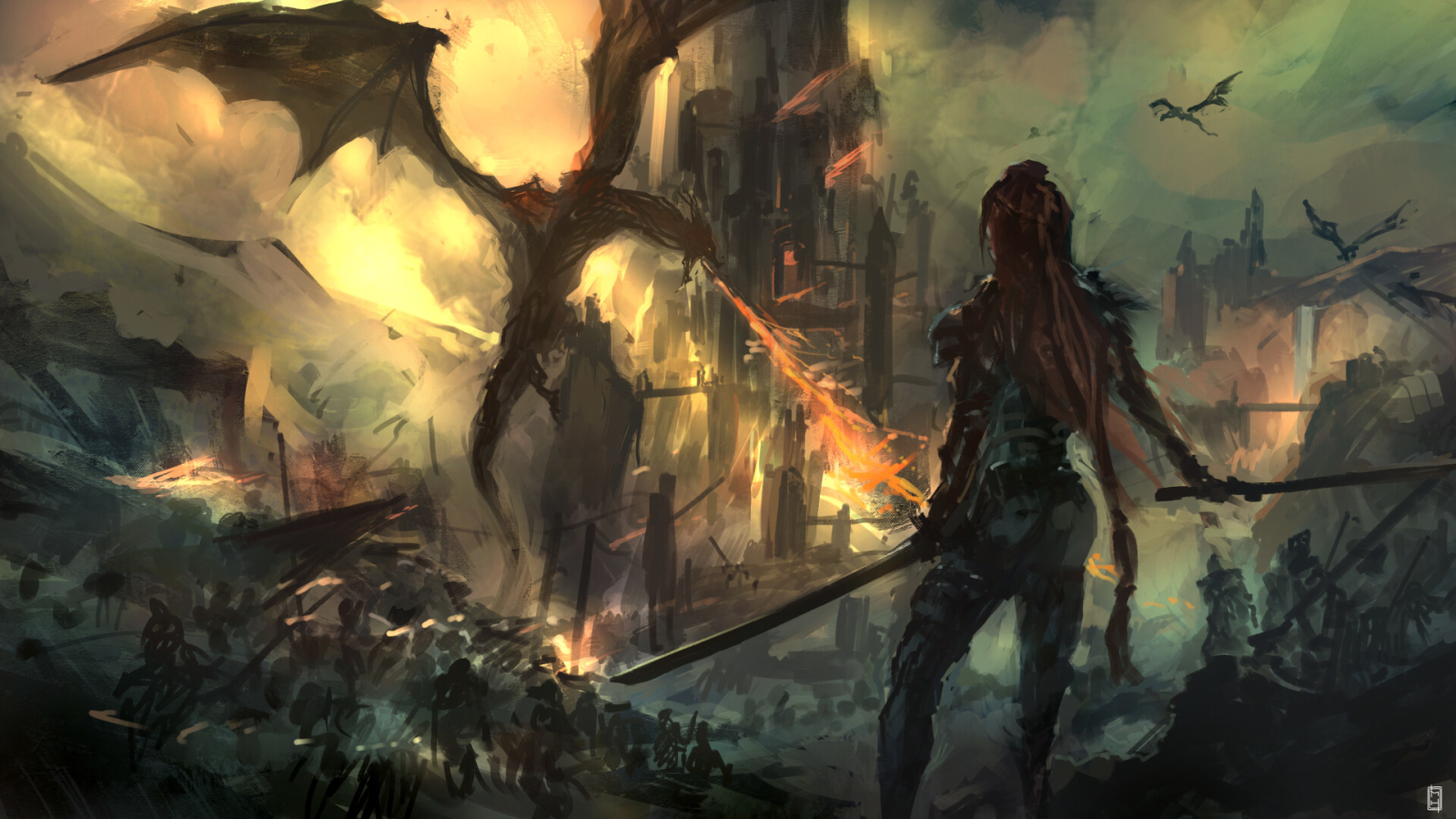Ankh'heran Overseer
The Ankh'heran Overseer are senior and powerful judges within the Court of the Great Sphinx. Most notable about their power is they hold legislative oversight against decrees of the Mystrasi and the Court. Any declaration made by the Mystrasi or the Reignar, must first face review from the Overseers, who vote on its legality in regards to the established Ankh'heran City Charters and in some cases, the Holy Scriptures of Pansophia. In order to amend a city charter, five Overseers must examine the decree, and three of them must accept it to become law. If the OVerseers review and reject, one of the Overseers who voted against the decree must advise the two rulers (the Mystrasi and Reignar) on what must be done in order to make it more acceptable.
FUNCTION
The main task of the Overseers is to try criminal cases and settle civil and religious disputes. For most crimes and all civil disputes, a single Overseer will oversee the proceedings; however, in major cases, it is not uncommon to see more Overseer's to be present. Their works coincide with the crees and management of the Magistrate of Justice. Regular judges oversees a trial or hearing, serving as an impartial referee and making decisions on which arguments, questions and evidence are admissible. They may determine the extent of punishments levied during trials. IN some cases, a judge is also responsible for handing in a ruling in the case. Although many judges hear cases alone, some judges serve on courts that feature multiple judges who all hear the same case at the same time and deliver rulings on majority rule.APPOINTMENT
Those who are eligible to become an Overseer must already hold experience in the legal profession and have experience serving in the Erathis faith to some degree. One must earn a bachelors degree from one of the universities in Ankh'hera, which requires some semblance of money and influence. Once they earn their degree, they must 'pass the bar', an exam taking multiple days and consist of two parts - an essay section and an examination. The examination is passing a standardized test consisting of 200 questions. From there, they work as clerks for up to a three years, assisting a judge or an Overseer, giving legal counsel and writing legal opinions. This time as a clerk also builds time to network amongst the legal profession - at points in which a judge or Overseer retires, they offer suggestions for those who should replace them, and it is common for a judge to suggest attorneys who clerked for them in the past. Meanwhile, they will practice law - becoming a prosecutor or public defender, or go into private law practice. Once practicing law for at least two years, one may find opportunities to become a judge, which serve as lifetime appointments. There are three ways in wich one can become a Judge:- Election: Local judges may earn their seats by running elections within their court.
- Temporary appointment: When an elected judge is removed from the bench or opts to step down in the middle of a term, some regions will allow for a replacement to be appointed by the government. Commonly, these seats will remain filled by the appointed judge until the next scheduled election, however, a special election may also be held if the next scheduled election is too far away. These can last between 4 to 15 years before needing re-election.
- Appointed: Many are appointed by executives, local leaders like the Viziers or by the Mystrasi themselves. These appointments are typically lifetime seats. The process for appointment starts with being placed on a shortlist which is presented to the individual responsible for the appointment. Shortlist candidates undergo an interview phase before being chosen for the seat, and present themselves to the Court or a legislative body for confirmation hearings.
Qualifications
An Overseer must be a qualified Judge, having earned a Bachelor's Degree in Law from a university college for seven years, pass the bar exam, practice law for two years at least and then be qualified under the Short-List within the Judicial Committee and be successful in a private interview with the Magistrates or the Mystrasi.
Accoutrements & Equipment
The uniform and jewellery related to an Overseer have developed over time. Specifically, one must wear a particular headwear in the form of a coloured chequered turban (like a pagri or Ottoman headwear), oftentimes referred to as a onion-hat. On the headwear is a particular golden and sapphire-blue badge denoting the status of the Overseer, shaped in the form of an all-seeing eye with a set of scales. They also wear a golden colour made of strings of beads, as well as armbands, bracelets and anklets. They often wear a finger ring with the seal of the Overseer, the all-seeing eye with a set of scales. They also wear a specially tailored and embroidered full-body linen robe, with puffy sleeves and open mid-riffs, tied at the waist by a belt and reaching down to the ankles.
Type
Civic, Law
Equates to
Lawmaster
Source of Authority
Judicial Committee of the Court of the Great Sphinx
Length of Term
Minimum 4 years. Maximum 15 years. They can serve multiple terms.
Reports directly to
Related Locations
Related Organizations


